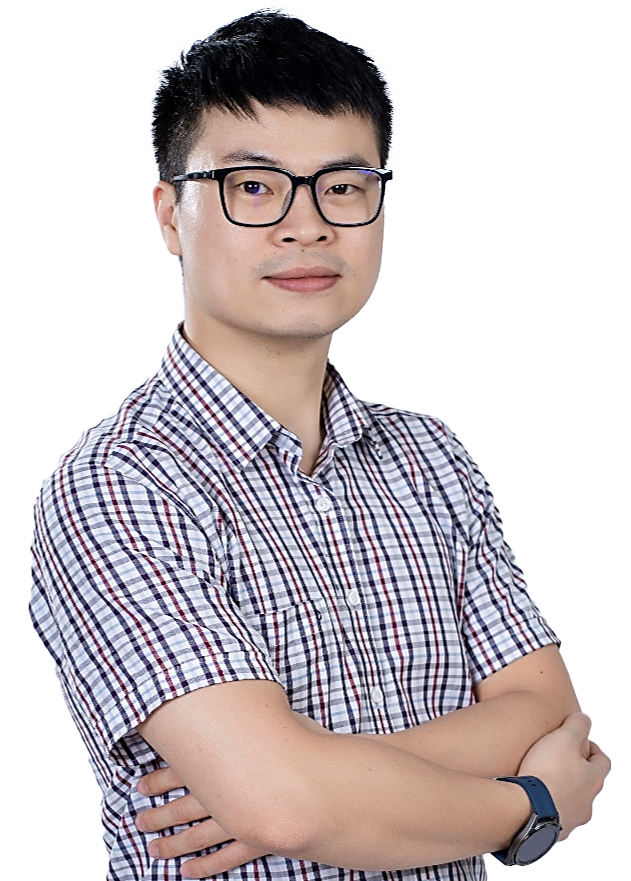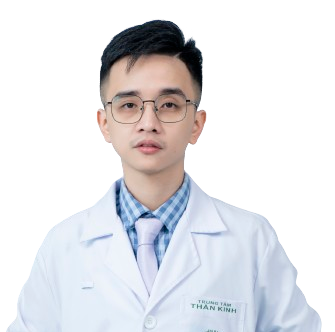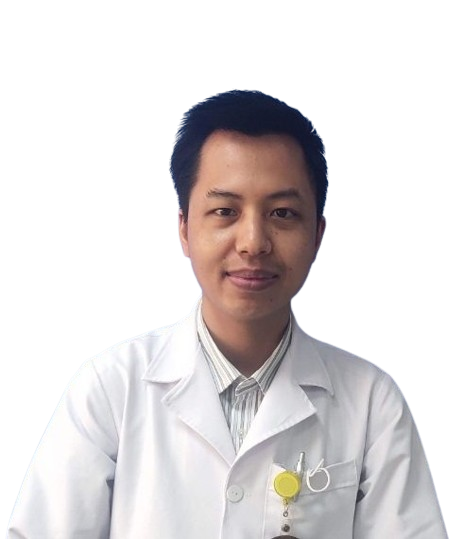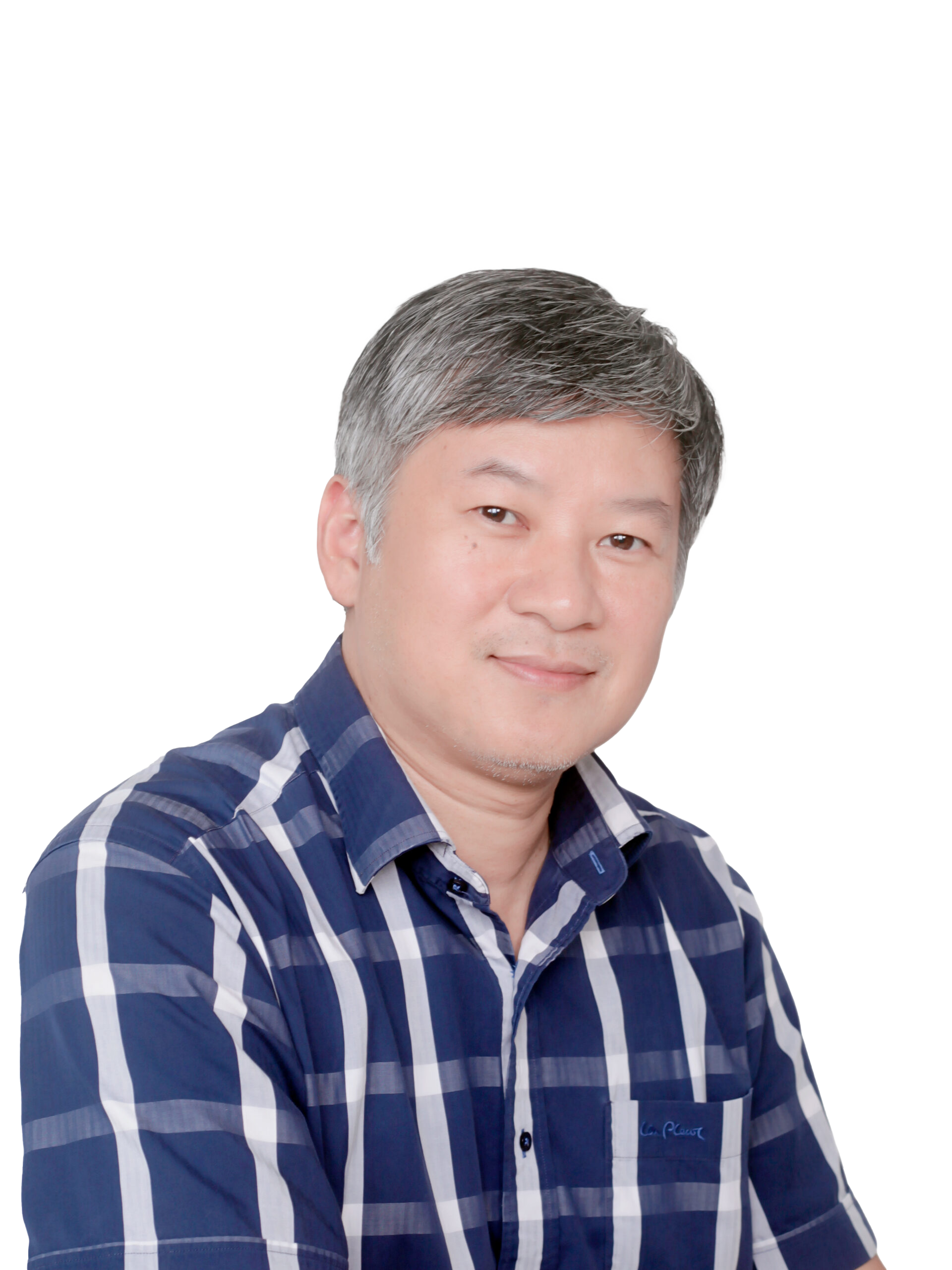 Prof. Sebastiaan Engelborghs, MD, PhD (Vrije Universiteit Brussel)
Prof. Sebastiaan Engelborghs, MD, PhD (Vrije Universiteit Brussel)
Title: Diagnosis and treatment of Alzheimer's disease in Belgium Abstract: Diagnosing Alzheimer’s disease (AD) requires a multidisciplinary approach using an array of investigative methods. History taking from both patient and carer is a cornerstone of the diagnostic process, based on which a subject can be referred to the memory clinic by the primary care physician. During a first consultation at the memory clinic, other possible causes for cognitive symptoms will be ruled out (e.g. mood disorder, use of sedative drugs and alcohol abuse, obstructive sleep apnea syndrome, ...) after which a full neuropsychological examination is scheduled. In the case of a pathological neuropsychological profile, biomarker-based diagnosis of AD is possible in a consented subject, also in the prodromal stage of the disease. In the case of a normal neuropsychological disorder, scheduling any biomarker-based investigations is against current guidelines for a rational use of these biomarkers. DNA analysis has a place in the diagnostic work-up of AD, but in highly selected cases only; APOE genotyping is not performed in routine. Moreover, as AD still is an incurable disorder, a subject may refuse a biomarker-based diagnosis. In the absence of disease-modifying therapies, early diagnosis cannot be encouraged on a population basis. The concept of a timely diagnosis still stands. The current treatment options consist of psycho-education and cognitive revalidation, symptomatic pharmacological treatment against AD, (non-)pharmacological treatment of behavioral and psychological signs and symptoms of dementia and lifestyle interventions. Inclusion in clinical trials with potential disease-modifying against AD can be offered to interested subjects. The introduction of disease-modifying treatment options for AD will significantly change the way AD is diagnosed and treated and will as well raise ethical and socio-economic considerations. Biography: Sebastiaan Engelborghs is full professor of neurology and neurosciences at Vrije Universiteit Brussel (VUB), chair of research group NEUR (Neuroprotection & Neuromodulation) , co-director of the VUB Center for Neurosciences (C4N) and chairman of the neurology department of the VUB university hospital (UZ Brussel). He is co-founder and co-director of the transdisciplinary memory clinic in UZ Brussel, Brussels Integrated Center for Brain and Memory (Bru-BRAIN). He as well is full professor of neurosciences and neurochemistry at University of Antwerp. Sebastiaan Engelborghs is board certified in clinical neurology (2001) and neurological revalidation medicine (2009). He achieved a PhD in medical sciences in 2004 and has interdisciplinary expertise in clinical neurology and neurosciences, including electrophysiology, neuroimaging, biochemistry, neurogenetics and neuropathology. Both clinically and with regard to research, he is specialized in neurodegenerative brain disorders that cause dementia. He has built up expertise in clinical trials for AD and related disorders for more than 25 years and was PI as well as national or global coordinating physician for several clinical trials, as well as being involved in the design of some of these clinical trials. Based on license agreements with ADx Neurosciences (2012) and Epilog (2017), these companies became UAntwerp spin-off companies with Sebastiaan Engelborghs as promoter. He is co-inventor of patent EP3452830B1 (2022), an assay for the diagnosis of neurological diseases like Alzheimer’s. Sebastiaan Engelborghs serves as co-chair of the European Alzheimer Disease Consortium, as co-chair of the dementia and cognitive disorders scientific panel (SP) and is vice-president of the Belgian Dementia Council (BeDeCo). He is (co-)author on 420 PubMed-cited papers in international peer-reviewed journals and 19 book chapters which results in 28.811 citations without self-citations, and a WoS h-index of 77 (11 MAR 2024). |
 Dr. Nguyen Tien Dung, MD, PhD (VNU University of Medicine and Pharmacy)
Dr. Nguyen Tien Dung, MD, PhD (VNU University of Medicine and Pharmacy)
Title: Applying technology in stroke: diagnosis and treatment. Abstract: In the past 20 years, stroke has made leaps and bounds to help improve the outcome of death and disability for patients. One of the contributions to this success is the application of technological achievements in diagnosing and treating stroke. In ischemic stroke, Time is Brain; the sooner the patient is treated with reperfusion, the higher the chance of recovery. AI technology has shortened the time to select patients with acute ischemic stroke due to large artery occlusion and indicated mechanical thrombectomy intervention based on ASPECT parameters, infarct core volume, and penumbra volume… In the later stages of stroke, applying robot guidance and rehabilitation exercises for patients has also brought good results. Biography: From 2013-2020, Dr. Nguyen Tien Dung was with the Emergency Department A9, Bach Mai Hospital. Since 2020, he is with the Stroke Center - Bach Mai Hospital, where he is currently the Deputy Director. Dr. Nguyen Tien Dung is also with the Department of Stroke and Cerebrovascular Disease, UMP-VNU and the Deputy General Secretary of the Hanoi Stroke Association. He loves stroke research, including new modern diagnostic and effective treatment methods worldwide. His Bach Mai Hospital Stroke Center is one of the prestigious research positions in which he has participated in many international studies. He actively participates in scientific activities programs and teaches colleagues at grassroots hospitals to update new knowledge. |
 MSc.MD. Vo The Nhan (Neurology center, Bach Mai Hospital)
MSc.MD. Vo The Nhan (Neurology center, Bach Mai Hospital)
Title: Modern technology implementation in diagnosis and treatment of neurological diseases - Situation at Neurology center, Bach Mai hospital Abstract: Nowadays, modern technologies, especially artificial intelligence, are becoming a trend that receives attention in many fields of medicine. Neurological disorders often have diverse manifestations, leading to difficulties in diagnosis. Making treatment decisions and predicting treatment outcomes also require timeliness and high accuracy, such as in the management of acute ischemic stroke. Therefore, the implementation of modern technologies has brought many benefits to the field of neurology. We would like to share our situation at the Neurology Center, Bach Mai hospital. Biography: Vo The Nhan obtained MSc degree in Neurology from Hanoi Medical University in 2021. Currently, he is working at the Neurology Center, Bach Mai Hospital. His major interests focus on the field of cerebral stroke, epilepsy, and electroencephalography. |
 Prof. Guy Nagels, MD, PhD (Vrije Universiteit Brussel)
Prof. Guy Nagels, MD, PhD (Vrije Universiteit Brussel)
Title: Federated learning in neurology Abstract: Several neurodegenerative diseases, including Alzheimer’s disease, necessitate the development of novel biomarkers, based on neurochemical, neurophysiological or neuroimaging data. Recent data analysis methods, including deep learning, are very data-hungry, and centralizing large datasets is challenging. For this reason, we are using federated learning in a cognitive research network in Europe. During the talk we will explore interest in and opportunities for this type of network in Vietnam. Biography: As associate chair of neurology at the UZ Brussel, and as former head of neurology at the National Multiple Sclerosis Centre Melsbroek in Belgium, my clinical focus is diagnosis, treatment, and rehabilitation in multiple sclerosis (MS). Cognition is an important though often underrated aspect of MS, and this has caused my research focus to grow into the modeling of cognition in MS and other neurodegenerative disorders. The combination of my clinical neuroscience background, together with my formal training as a computer science engineer, sets the stage for the development of more informed and more performant models of cognition. To this end, I have gathered a multidisciplinary team consisting of engineers, psychologists, and fellow neurologists. Together we form the Artificial Intelligence Supported Modelling in Clinical Sciences (AIMS) group, part of the centre for neurosciences (C4N) of the Vrije Universiteit Brussel (VUB), where I am full professor of digital medicine. Our AIMS group works in close collaboration with the Oxford centre for Human Brain Activity (Prof. Mark Woolrich), where I hold academic visitor status since 2012, with the MRI department at the UZ Brussel, with the statistics and AI department of the university of Lausanne (Prof. Oliver Chen), with international MS centers and with industrial partners such as the spinoff neuroimaging company icometrix nv. Since October 2019, I hold a senior clinical research fellowship with the FWO, allowing me to combine half time clinical work in neurology with half time research on neurophysiological and machine learning aspects of cognition, and since 2022 I am a fellow by election of the Royal Academy of Medicine in Belgium. |
 MSc.MD. Nguyen Ngoc Vinh Yen (Emergency Department, E Hospital)
MSc.MD. Nguyen Ngoc Vinh Yen (Emergency Department, E Hospital)
Title: Safety and outcome of revasculaziration in the treatment for acute ischemic stroke at E Hospital Abstract: Các phương thức điều trị tái thông mạch não bắt đầu được thực hiện tại Việt Nam từ 20 năm trước, dần trở thành các tiêu chuẩn điều trị bắt buộc đối với các cơ sở thực hành lâm sàng, các bệnh viện. Nhiều nghiên cứu đã được tiến hành trên các tiêu chí đơn lẻ, nhằm đánh giá hiệu quả điều trị của từng phương pháp tái thông mạch não trên đối tượng người Việt Nam. Nghiên cứu của chúng tôi tiến hành tổng kết kết quả điều trị của một đơn vị đột quỵ trong gần 4 năm điều trị đột quỵ nhồi máu não cấp. Chúng tôi muốn đưa đến một cái nhìn khác về kết quả điều trị tái thông mạch não trong nhồi máu não cấp ở người Việt Nam. Biography: Các phương thức điều trị tái thông mạch não bắt đầu được thực hiện tại Việt Nam từ 20 năm trước, dần trở thành các tiêu chuẩn điều trị bắt buộc đối với các cơ sở thực hành lâm sàng, các bệnh viện. Nhiều nghiên cứu đã được tiến hành trên các tiêu chí đơn lẻ, nhằm đánh giá hiệu quả điều trị của từng phương pháp tái thông mạch não trên đối tượng người Việt Nam. Nghiên cứu của chúng tôi tiến hành tổng kết kết quả điều trị của một đơn vị đột quỵ trong gần 4 năm điều trị đột quỵ nhồi máu não cấp. Chúng tôi muốn đưa đến một cái nhìn khác về kết quả điều trị tái thông mạch não trong nhồi máu não cấp ở người Việt Nam. |
 Assoc.Prof. Nguyen Linh Trung (VNU University of Engineering and Technology)
Assoc.Prof. Nguyen Linh Trung (VNU University of Engineering and Technology)
Title: AI for neuroimaging diagnosis of Alzheimer's disease. Abstract: Alongside advancements in machine learning and artificial intelligence, we are witnessing a significant progress in the diagnosis and treatment of Alzheimer’s disease specifically, and neurodegenerative disorders in general. By leveraging information from neurological images such as MRI and PET scans, machine learning and artificial intelligence models can assist in the early detection of biological markers related to Alzheimer’s disease. The talk will provide an overview of the main applications of machine learning and artificial intelligence used for Alzheimer’s disease diagnosis, along with the most effective method groups and models. Additionally, the talk will address some open directions and give our perspectives, such as data integration and fusion, interpretable and explainable detection models, federated learing for privacy-preserved multi-institution data analysis, multiple-outcome diagnosis, cross-disorder diagnosis, as well as cost-effective imaging modalities such as retina and EEG. Biography: Nguyen Linh Trung obtained his B.Eng. and Ph.D. degrees, both in Electrical Engineering, from Queensland University of Technology, Brisbane, Australia, in 1998 and 2005. Since 2006, he has been on the faculty of VNU University of Engineering and Technology (VNU-UET), a member university of Vietnam National University, Hanoi (VNU), where he is currently an associate professor of electronic engineering in the Faculty of Electronics and Telecommunications and director of the Advanced Institute of Engineering and Technology (AVITECH) of VNU-UET. He is interested in signal processing methods, including time-frequency signal analysis, blind source separation, compressive sampling, tensor-based signal analysis, graph signal processing, and apply them to wireless communication and networking, biomedical engineering, with a current focus on large-scale processing. |